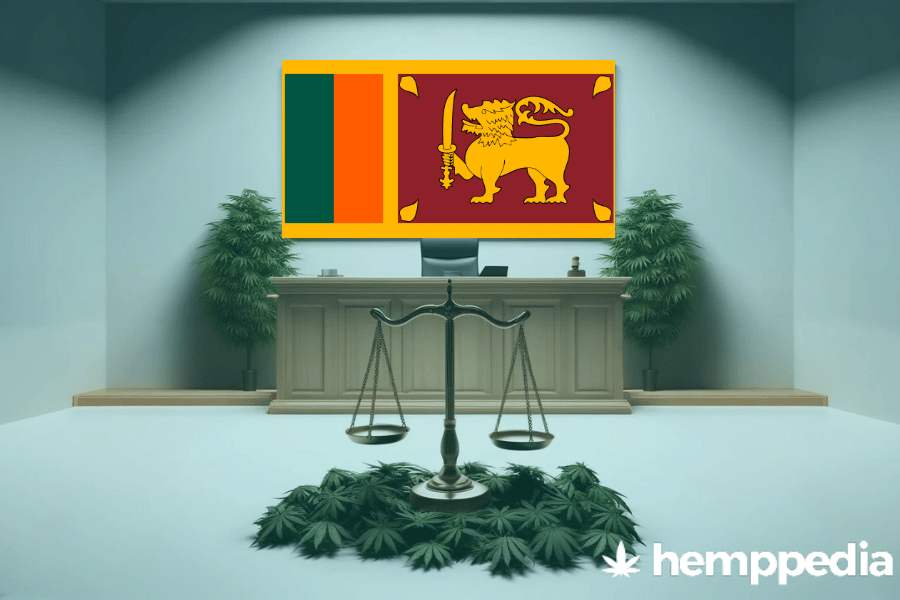Is CBD Legal in Sri Lanka? An in-depth Analysis
TL;DR
Disclaimer: This blog article provides an analysis of the current legal situation of cannabidiol (CBD) in Sri Lanka. Remember, laws can change quickly. Always confirm the legal status of CBD in your specific location before purchasing or using any CBD products.
CBD is a compound present in the cannabis plant. Unlike the psychoactive THC (tetrahydrocannabinol), CBD is non-psychoactive, and is thus treated differently under the law in many jurisdictions. However, its legal status in Sri Lanka is complicated. Below is a brief summary of the current legal status of CBD in Sri Lanka.
Is CBD legal in Sri Lanka? CBD products are Illegal for recreational use but Legal for medical use under specific conditions.
- Recreational Use: Illicit
- Medical Use: Legal, under strict controls
- Possession limit: None for medical use
Overview of CBD Legislation
Globally, CBD legislation varies widely. In some regions, it’s fully legal and regulated, while in others it remains illegal.
In Sri Lanka, CBD is tightly controlled and subject to several laws at both federal and local levels. Understanding these regulations requires defining several essential concepts.
- CBD: Cannabidiol, a non-psychoactive compound found in cannabis
- THC: Tetrahydrocannabinol, the psychoactive compound in cannabis that gives users a ‘high’
- Hemp: A strain of Cannabis Sativa plant that is generally grown for industrial use. It contains high CBD and low THC levels.
- Marijuana: A strain of cannabis that contains higher levels of THC and can induce psychoactive effects in users.
Historical Context
Cannabis has religious and cultural significance in Sri Lanka and was legal until the 1980s. After joining the international ‘war on drugs’, Sri Lanka heavily criminalized cannabis products, including CBD. However, in recent years there’s been growing interest in utilizing CBD for medical and therapeutic purposes.
Possession, Use, Cultivation and Sales
In Sri Lanka, CBD use is only allowed for medical use and under a valid prescription. Any other use, possession, or cultivation of CBD products is generally considered illegal. Laws governing sale and manufacture of CBD products are stringent, requiring special licenses and strict quality control measures.
Enforcement and Penalties
Sri Lanka’s enforcement of cannabis laws is strict, but focuses primarily on combatting recreational drug use rather than preventing medical access. Nonetheless, unauthorized possession, use, or distribution of CBD can result in significant penalties including fines and imprisonment.
Comparative Analysis
Compared to many western countries where CBD use is liberalized, Sri Lanka has very restrictive laws. However, within the South Asian region, Sri Lanka’s provision for medical CBD use is a progressive move.
Conclusion
In conclusion, CBD is tightly controlled in Sri Lanka, but the increasing recognition of its medical and therapeutic benefits may cause shifts in regulations. As elsewhere in the world, the laws surrounding CBD and cannabis are remarkably dynamic and subject to change.





